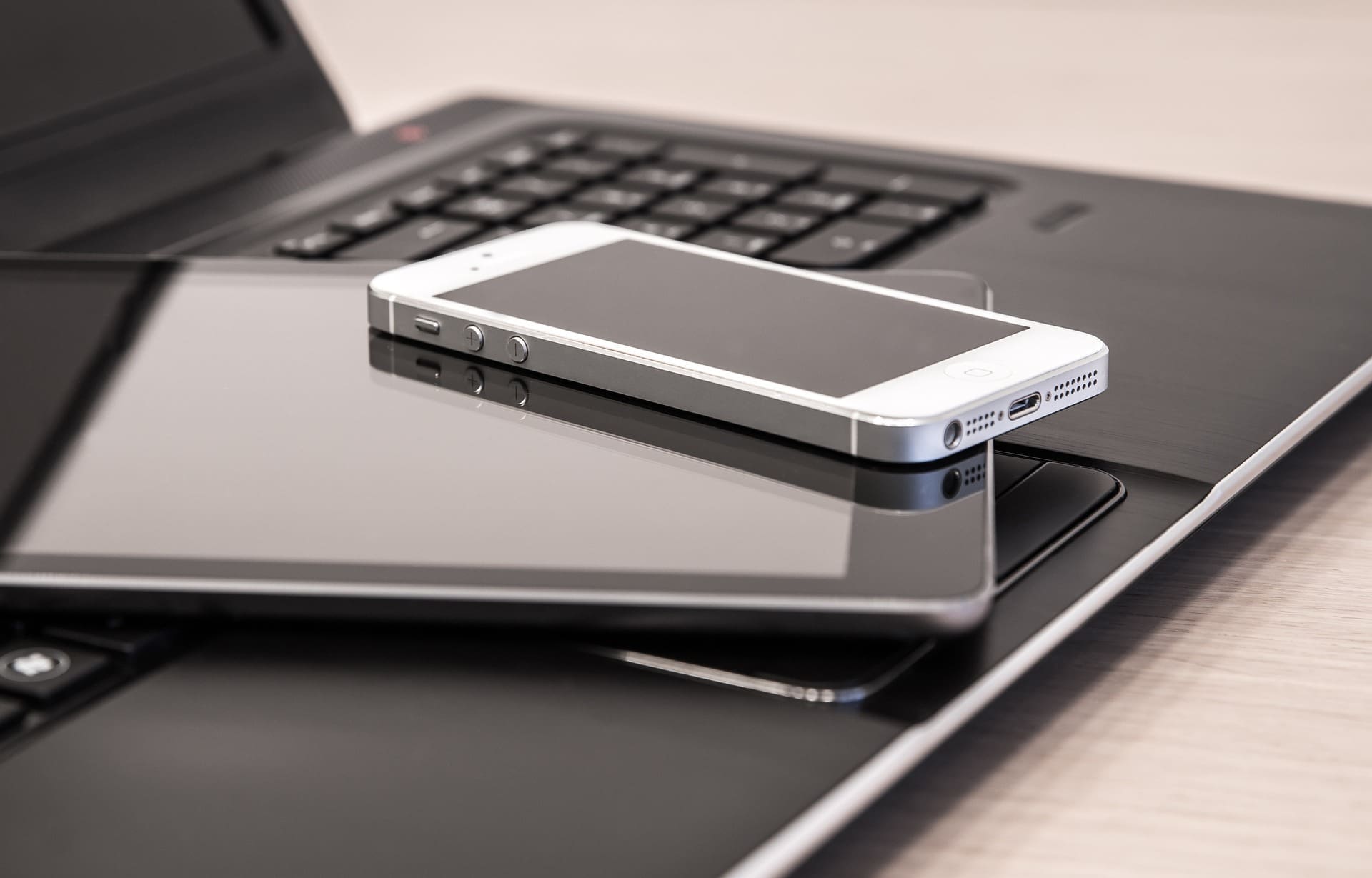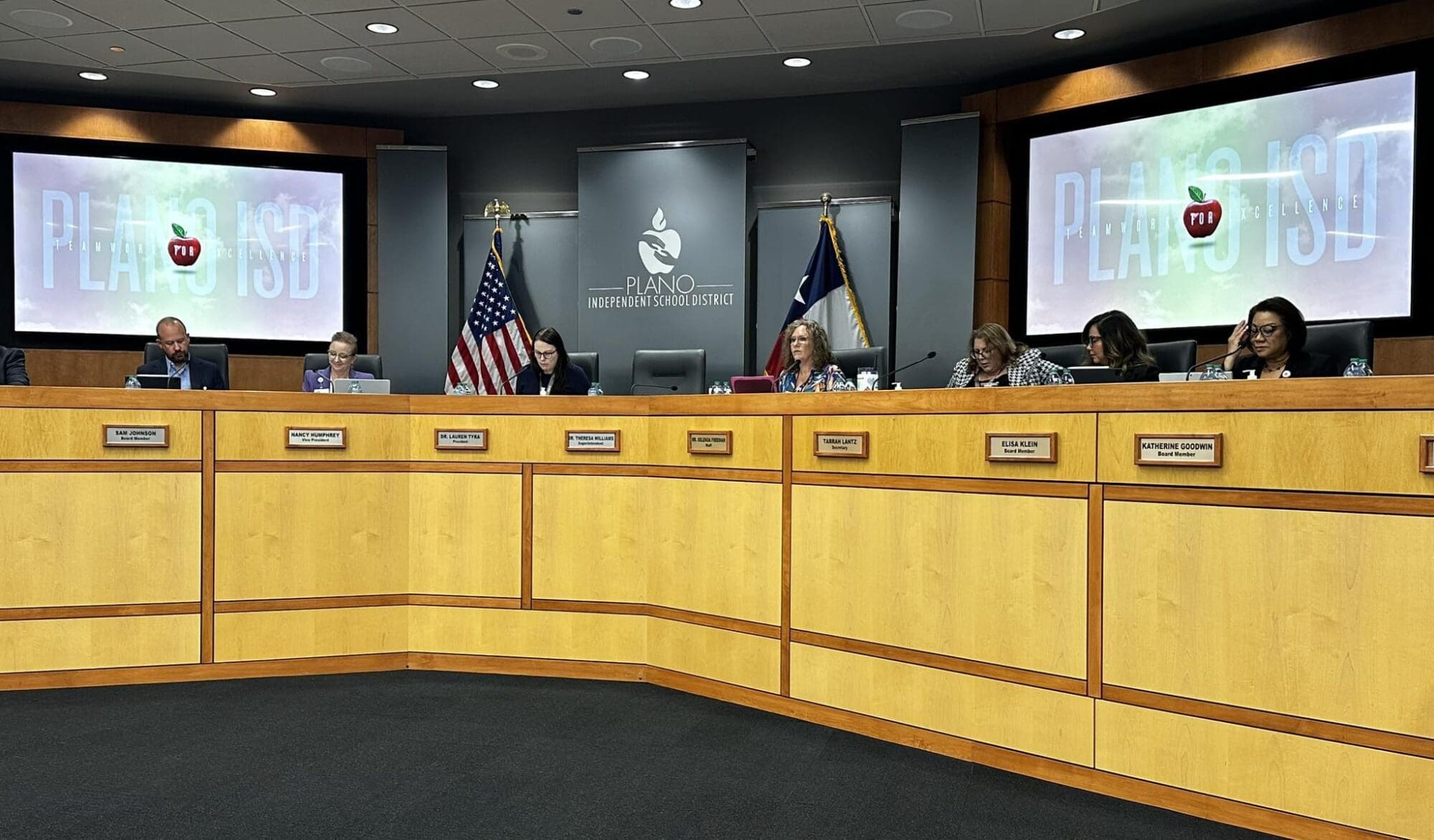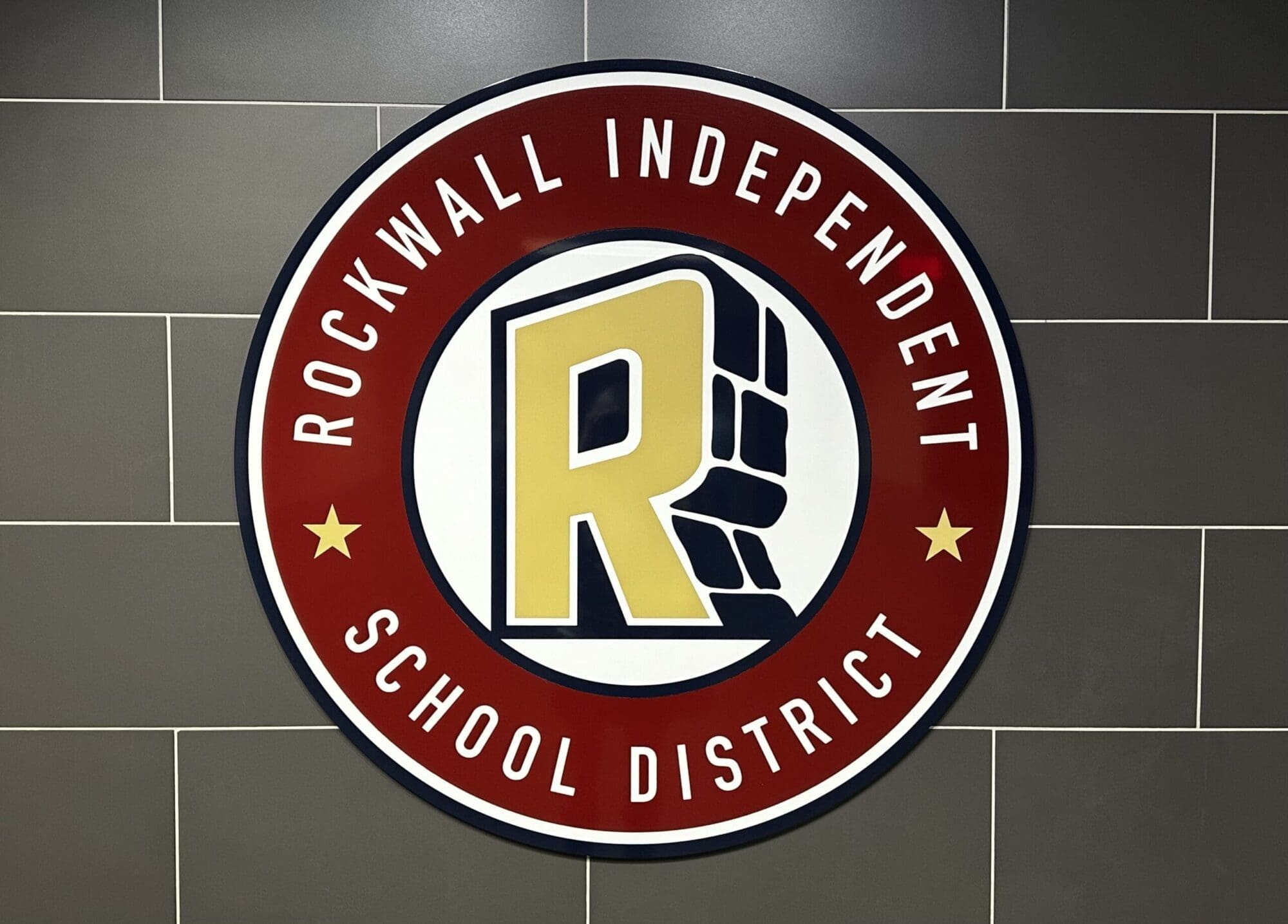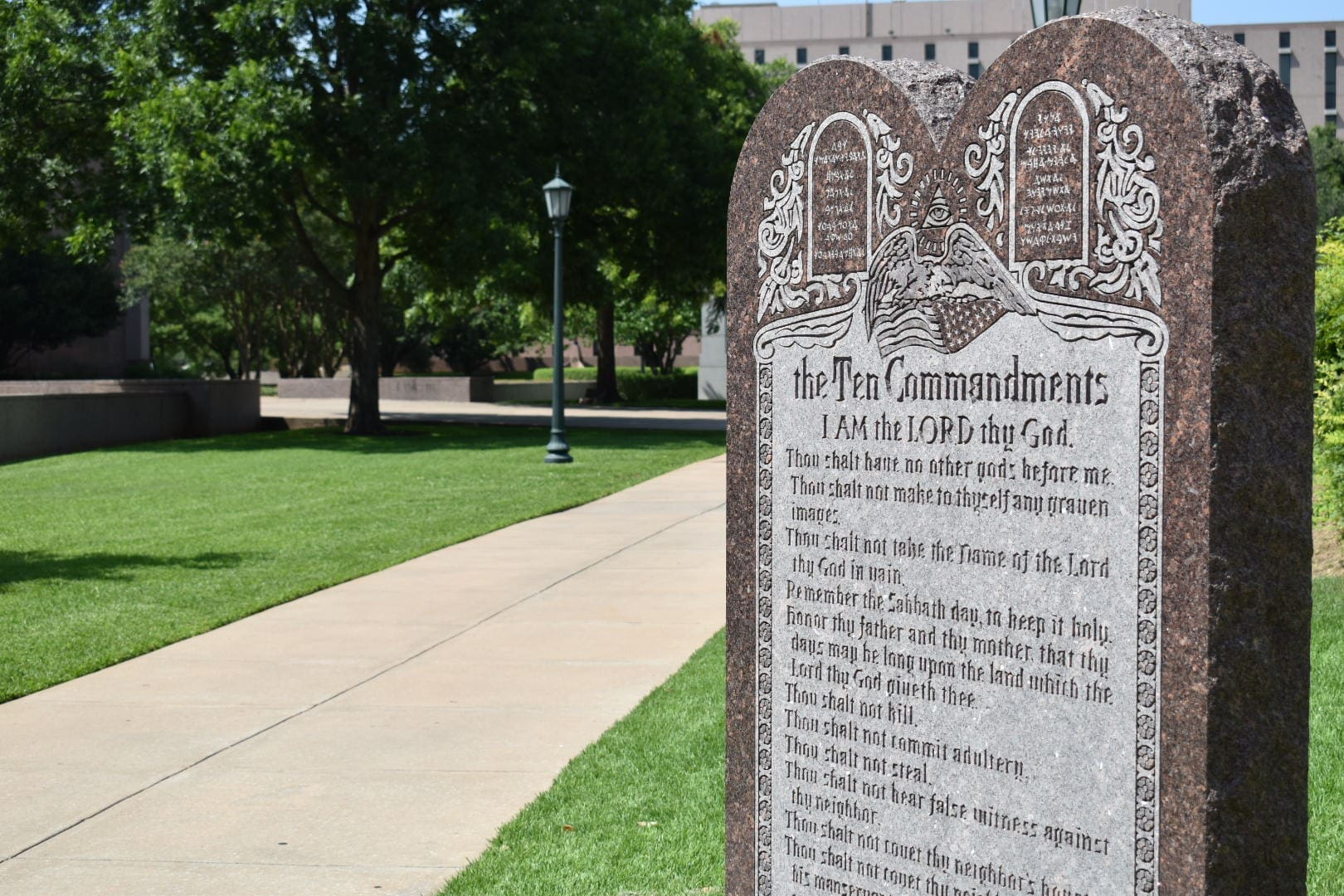In response to legislation enacted earlier this year, school districts across Texas are adopting new policies restricting students’ use of cell phones and other personal communication devices during the school day.
The measure received strong bipartisan support from state lawmakers concerned about the harmful effects of excessive cell phone usage on students’ education, but some parents think the restrictions go too far.
House Bill 1481 requires all Texas school districts to set policies that will prohibit students from using personal electronic communication devices “from bell to bell,” while allowing local officials to decide how the restrictions are implemented.
Districts are not required to adopt HB 1481-compliant policies until September, but many wanted new rules in place when school starts in August.
Several North Texas districts—including Allen, Frisco, Plano, and Wylie independent school districts—have approved new policies and sent announcements advising families of the changes.
In accordance with HB 1481, the policies prohibit use of smartphones, tablets, smartwatches, smartglasses, wireless headphones or earbuds, radio devices, or “any other electronic device capable of telecommunication or digital communication.”
The policies apply to students in all grades but allow exceptions for students with documented medical needs or special education accommodations, or to comply with safety protocols.
Consequences for students who violate the policies start with devices being confiscated and progress to in-school suspension or placement in DAEP (Disciplinary Alternative Education Program), depending on the district.
Allen ISD’s new policy, adopted earlier this month, states that students must keep devices turned off and stored in backpacks from the time students enter the building in the morning until the time of dismissal in the afternoon.
Frisco ISD unveiled a similar bell-to-bell ban. Students are encouraged to leave devices at home, but if they are brought to school they must be turned off and stored in the student’s backpack.
Wylie ISD notified parents last week about its new policy, stating that students may carry personal devices but must keep them powered off, out of sight, and stored in a backpack, purse, locker, or other designated location while on campus during the school day.
The use, visibility, or handling of a personal device is not permitted at any time between the start and end of the instructional day, including passing periods, lunch, electives, and privilege periods.
Wylie ISD parent Michael Schwerin told Texas Scorecard he supported the concept of limiting students’ access to phones during class time but is less enthusiastic about the implementation.
“I really thought the law was a great idea in theory, but it seems that it has fallen into the all-too-common trap of legislation: a great idea that becomes a pretty bad bill,” said Schwerin.
“Saying that students can’t access personal devices at all during the school day creates a whole lot more issues than just keeping them out of the classrooms,” he said.
He noted that devices are used as a tool in many classes like marching band.
Schwerin said he hopes legislators listen to parents and teachers over the next several months and consider making changes to the law in the next legislative session.
Plano ISD emailed its updated personal technology policy to families on Friday.
The policy states that students are expected to have all personal telecommunication devices powered off and stored out of sight in their backpacks or personal bags from the time they enter the building until they leave campus at the end of the school day.
The expectation applies during class time, passing periods, lunch, while in restrooms, and anywhere on campus during the instructional day.
The district’s guidelines are meant to “minimize distractions and foster positive academic and social interactions.”
Plano parent Meghan Vecchio also has concerns about the new law and policies adopted by local school boards.
“HB 1481 is clearly being implemented to stop students from documenting the numerous issues in our public schools,” Vecchio told Texas Scorecard.
“The school districts don’t want people, especially parents, to easily see what is going on within our public schools,” she said. “Students should be able to document what goes on in government schools that are publicly funded with our tax dollars.”
“I am not for phones being a distraction in schools, and I realize this is a complicated issue,” added Vecchio. “However, there are many laws that our schools are not as eager to follow. It certainly seems that the situation with the phones is to stop students from documenting problematic issues on campus that many districts would rather keep quiet.”
Many Texas schools and districts adopted phone-free policies prior to the state mandate. School officials in those districts have reported improvements in students’ classroom engagement, behavior, and academic performance, but parents remain split. Some say the policies have generally worked well, while others object to the restrictions.
How well the stricter state-mandated policies are received and enforced remains to be seen.
Policies issued by Frisco ISD and Wylie ISD note that HB 1481 also prohibits students from using their personal laptop computers at school, meaning that students must now use district-issued Chromebooks for any computer-based classroom instruction.
Both Schwerin and Vecchio objected to that as well.
“It does really frustrate many parents that Wylie ISD has used this as an excuse to state that all students must participate in the Chromebook program,” said Schwerin, noting that the program requires parents to pay an additional fee.
“I also strongly disagree with all of this going on while Chromebooks remain in the classroom when so many parents dislike them and feel they are not a useful classroom tool,” added Vecchio.
Personal laptops are not specifically mentioned in HB 1481, but if the devices are capable of digital communication, then they are included in the prohibition. The law exempts district-issued devices.
The Texas Education Agency has not yet released a model policy, though one is expected by the end of this week.
If personal laptops are prohibited, districts that had allowed students to bring their own laptops could be left scrambling to buy more Chromebooks while sticking families with new fees.





